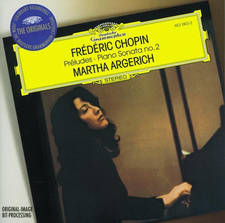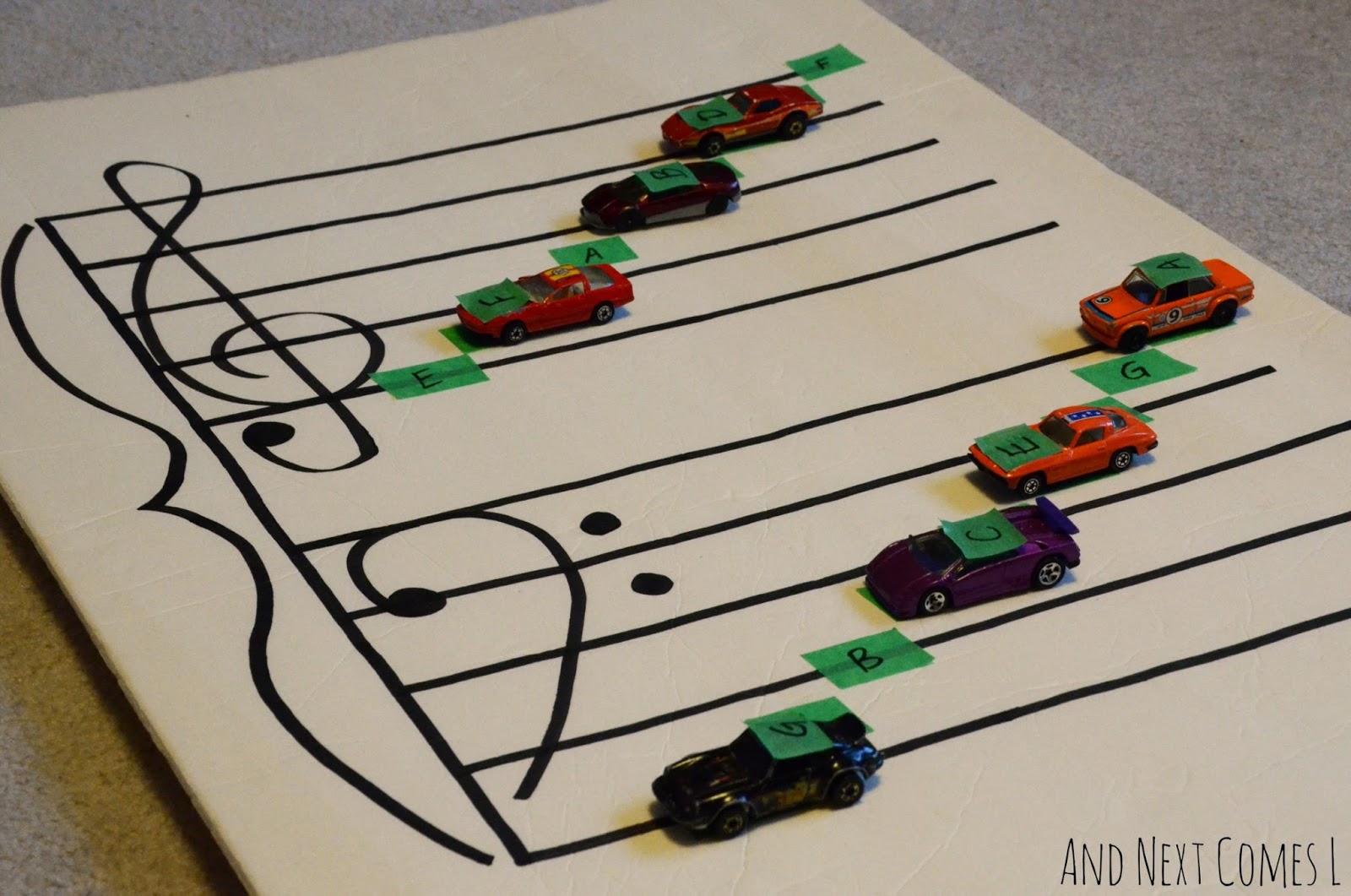How do I get my child to play a musical instrument? We asked the experts for some tips
19 November 2015, 11:59 | Updated: 6 January 2017, 14:45
What's the secret to getting little (and not-so-little) ones interested in playing an instrument like the piano, violin or clarinet? Composer Gavin Higgins and the team at music charity London Music Masters shared some of their top tips…
1. Make sure you find a great teacher
My first piano teacher taught me from the age of 8 to 18, she lived at the end of my street and was a huge influence on my life. So you need to find a teacher who is genuinely interested in your child and is really passionate about music.
2. Make it personal
Put stickers on your violin, a teddy in the clarinet case, name your double bass – make it personal! You could go one step further and change the words to a song to include the names of family members or write something new for a special event. It’s very easy – change the words of "Twinkle, twinkle little star" but keep the melody you can sing while your child plays!
3. Find amazing role models
We all need them, they can be superstars who come and visit your child's primary school, or the boy in year 8 who has been playing trumpet for 10 weeks longer than your child – having a sense of what the next stage looks like is hugely motivating when your child is learning so many new skills on a seemingly endless journey.
At London Music Masters we have Award Holders such as American violinist Benjamin Beilman and Ambassadors such as pianist Benjamin Grosvenor while also collaborating with some of the top orchestras and venues in the UK to inspire our young musicians.
4. Play Together
Join in with your child – learn alongside them and they will be encouraged by you taking an active interest in their learning. If you can clap in time or hum along with one of their pieces then you are making music as a family and validating all the hard work they are putting in.
Bridge Project promotional videoBridge Project promotional video 2014
Posted by London Music Masters on Tuesday, 15 September 2015
5. Join a group of other people like you, and make music
Learning in a group is just more fun for a beginner. Also they will learn as much from their peers as they will from the teacher and they can explore the social aspect of music-making right away.












































